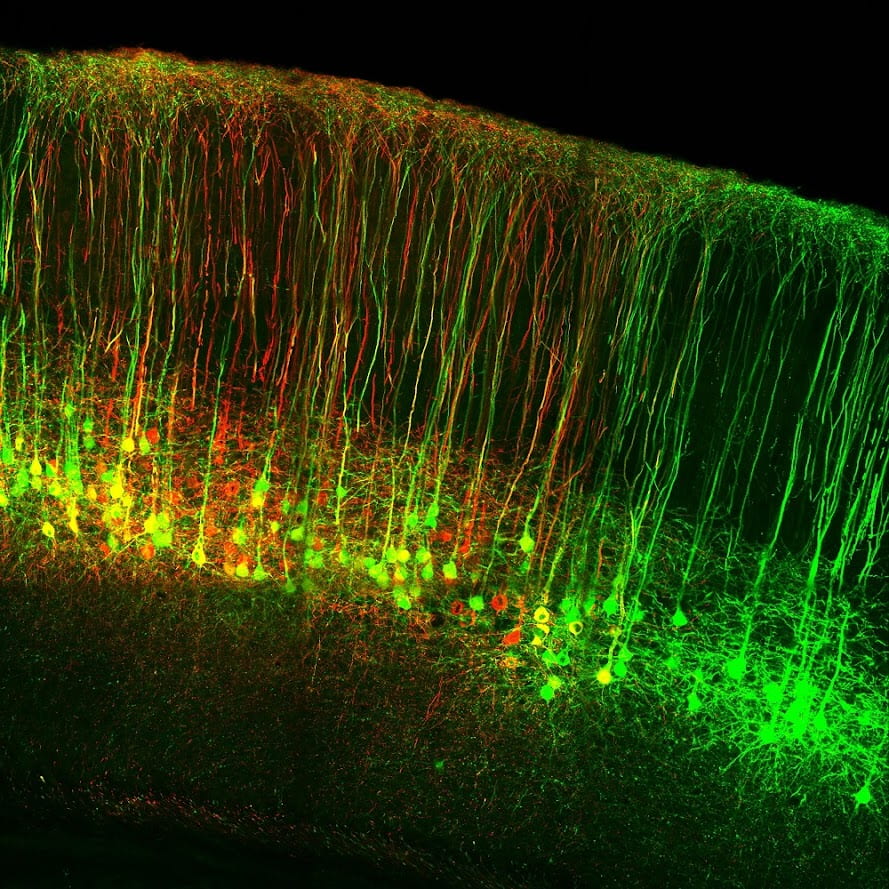HSCI faculty are widely recognized as leaders in the fields of stem cell biology and regenerative medicine. Here, we highlight just a few representative examples of the awards that our scientists received in 2021.
Two HSCI faculty were named Research Professors by the American Cancer Society. Bradley Bernstein, M.D., Ph.D., will study how tumor formation is affected by epigenetics, heritable changes that do not involve the DNA sequence. Xi He, Ph.D., will study how two major biological signaling pathways interact in cancer.
Susan Bonner-Weir, Ph.D., received the 8th Helmholtz Diabetes Award for lifetime achievement, in recognition of her accomplishments in furthering our understanding of how the endocrine (hormonal) part of the pancreas grows and functions.
Joseph Bonventre, M.D., Ph.D., was elected as a 2021 Fellow of the American Association for the Advancement of Science. The award recognizes his “scientifically and socially distinguished achievements in the scientific enterprise,” particularly his research on kidney injury and development of functional kidney organoids.
Benjamin Ebert, M.D., Ph.D., received the international Sjöberg Prize for his discovery of how lenalidomide works as a treatment for blood cancer, which could help with the development of new drugs.
Naama Kanarek, Ph.D., received a grant from the Starr Cancer Consortium, in collaboration with Adrienne Boire, M.D., Ph.D. The researchers will study cancer cells that have metastasized to the tissue that covers the brain and spinal cord (leptomeningeal metastasis), focusing on how the cells adapt to the challenging environment.
Murat Karabacak, Ph.D., is leading a team that received a grant from the Million Dollar Bike Ride Grant Program. The team will study a rare disease called fibrodysplasia ossificans progressiva, where the muscle and connective tissue are gradually replaced by bone. The researchers will develop a new blood biomarker that can be used in an engineered microfluidics device in order to detect the disease early.
Stuart Orkin, M.D., received the Tobias Lecture Award from the International Society for Stem Cell Research in recognition of his groundbreaking discoveries in blood cell development, which have formed the basis for novel gene therapies for blood disorders including hemoglobinopathies, sickle cell disease and ß-thalassemia. His pioneering genetics research was also recognized by the Gruber Foundation Prize in Genetics.
Two HSCI faculty were awarded funding by the Simons Collaboration on Plasticity and the Aging Brain. Lee Rubin, Ph.D., will study how components in the blood can improve the function of the aging brain. Amar Sahay, Ph.D., will investigate how cognitive function and memory change as the brain ages. Together, these projects will give a better understanding of the mechanisms behind the decline of memory and other cognitive functions during aging, and point the way toward strategies to slow or reverse these processes.
Khalid Shah, M.S., Ph.D., received a Pillars of Excellence Award from Mass General Brigham in the area of “Integrating Diversity, Equity & Inclusion.” The award recognizes his contributions to the hospital’s mission of serving patients locally, nationally and around the world.
Marc Wein, M.D., Ph.D., received the Stepping Strong Breakthrough Award from Brigham Health. The award will support his research into improving fracture healing caused by serious traumatic injuries.
Leonard Zon, M.D., was elected as an associate member of the European Molecular Biology Organization, in recognition of his research excellence and outstanding achievements in the field of blood cell development.
